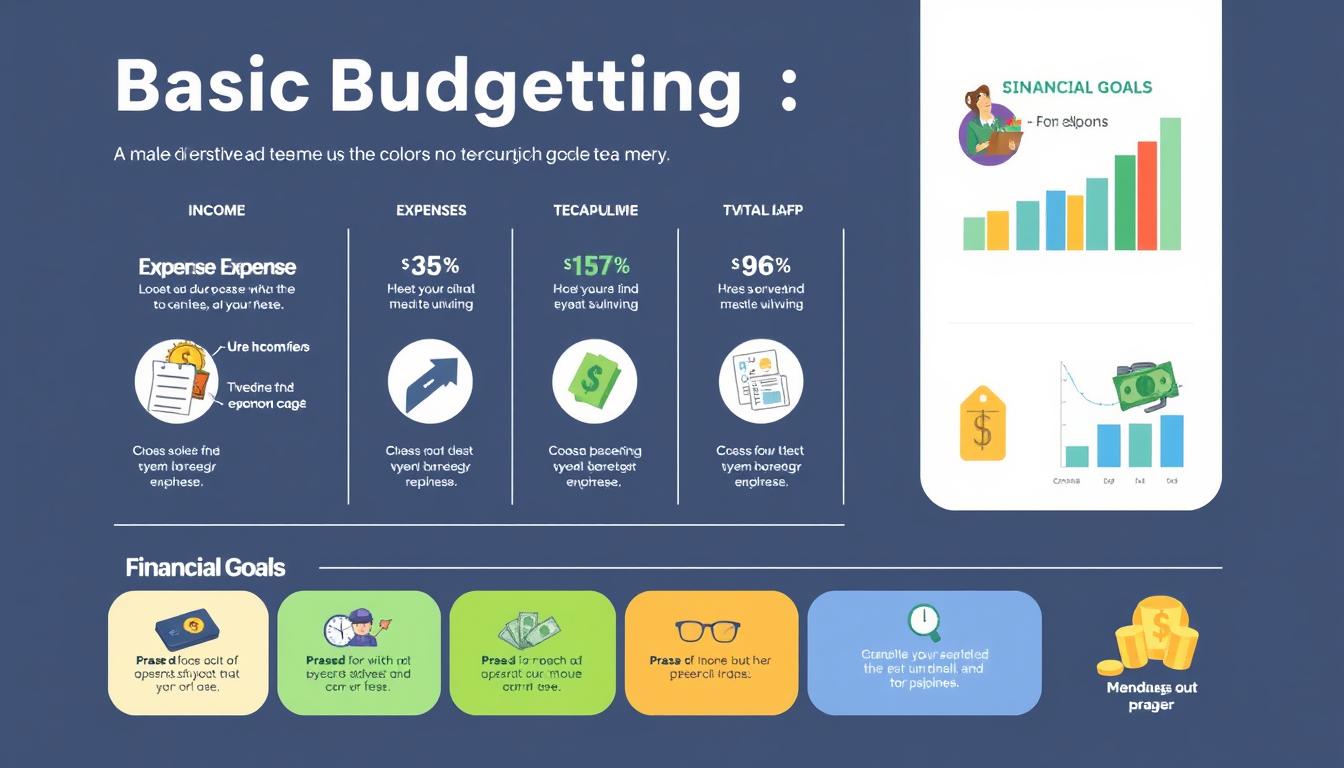Uncover the Truth About Your Actual Budget Moves

Ever thought about all the hidden costs in your moving budget? Knowing the details of your actual budget move reports can make all the difference. It can turn a smooth move into a financial nightmare.
Creating a detailed relocation budget breakdown helps you see where your money goes. It lets you track your budget effectively, making sure you spend wisely. With the right planning, you can move without worrying about money.
Let’s explore how accurate budgeting can cut down your stress and save you cash.
Key Takeaways
- Understanding your actual budget move reports is crucial for financial success during relocation.
- Creating a detailed relocation budget breakdown helps uncover hidden expenses.
- Effective budget tracking for moves is essential to avoid overspending.
- Proper planning can minimize stress associated with the moving process.
- Allocating resources wisely leads to significant savings in your overall moving costs.
The Importance of Creating a Relocation Budget
Creating a relocation budget is key for a smooth move. It helps you understand the total costs and plan better. Knowing how to budget lets you focus on what’s important during your move.
Why Budgeting Matters for Your Move
Good budgeting helps you see what costs you might face. It lets you check your finances and spend wisely. Understanding budgeting makes moving less stressful.
It helps you make smart choices and stay within your budget. This way, you can reach your moving goals without overspending.
Common Mistakes in Moving Budgeting
When making a moving budget, watch out for common mistakes. These can lead to extra costs you didn’t plan for. Here are some to avoid:
- Underestimating expenses, which may leave you short on funds.
- Failing to include all moving-related costs, such as utility deposits and travel expenses.
- Neglecting to track spending, making it challenging to stay within your budget.
Knowing these mistakes is crucial. It shows how important a detailed budget is. By avoiding these errors, your move can go much smoother.
Understanding Relocation Budget Breakdown
When planning your move, it’s key to know the essential parts of a relocation budget breakdown. This helps you use your resources wisely and avoid surprises. By looking at the budget components, you can make a financial plan that fits your moving needs.
Key Components of a Relocation Budget
Your relocation budget includes several key parts:
- Transportation fees: Costs for moving your belongings.
- Packing supplies: Expenses for boxes, tape, and other packing materials.
- Labor costs: Fees for hiring movers or packing help.
- Temporary lodging: Costs for places to stay if your move takes time.
How to Calculate Your Moving Costs
Calculating moving costs can be tough, but it’s easier when you break it down. Start by getting quotes from different moving companies to compare prices. Then, figure out fuel costs if you’re driving a rented vehicle. Don’t forget to include any extra fees for your move. Keeping track of each part helps you stay financially on track.
| Budget Component | Estimated Cost |
|---|---|
| Transportation fees | $800 |
| Packing supplies | $200 |
| Labor costs | $600 |
| Temporary lodging | $350 |
How to Gather Accurate Moving Cost Data
To make smart choices during your move, it’s key to gather moving cost data carefully. Look for options that fit your budget and track all expenses. Exploring cost-effective moving options can save you a lot, especially by avoiding full-service movers.
Insight into Cost-Effective Moving Options
There are many ways to save money and still have a smooth move. Renting a truck is often cheaper than hiring full-service movers. Here are some tips to make your move better:
- Compare prices from different rental companies to find the best deal.
- Check for discounts and promotions on websites or local services.
- Make a list of friends or family to help with packing and loading.
Tools for Tracking Moving Expenses
Tracking your expenses helps you stay in control of your budget. Using tools for tracking moving expenses can make things easier. Here are some tools you might find helpful:
- Spreadsheets: Create a spreadsheet to record each expense and compare costs.
- Budgeting Apps: Use mobile apps made for moving to manage your expenses better.
- Dedicated Moving Cost Calculators: Online calculators can estimate your expenses and help you stay on budget.
Actual Budget Move Reports: What You Need to Know
Creating actual budget move reports is key to managing your relocation costs. By tracking all move-related expenses, you get a clear picture of your finances. Several important elements help make your reports useful and helpful.
Elements of Effective Budget Move Reports
Good budget reporting means listing all expected and actual move costs. This method makes tracking easier and avoids surprises. Key parts include:
- Estimated Costs: Costs you think you’ll have for the move.
- Actual Expenses: The real costs you pay during the move.
- Variance Analysis: A look at how your actual costs compare to your estimates.
- Category Breakdown: Breaking down costs into types like packing, moving, and other expenses.
Comparing Estimates and Actual Costs
It’s important to compare your move costs to your budget. By regularly checking your estimates against actual costs, you can:
- See if you spent more or less than expected.
- Improve your budget for future moves.
- Find patterns that might affect your moving costs.
Being flexible with your budget helps handle any unexpected move costs.
| Cost Category | Estimated Cost | Actual Cost | Variance |
|---|---|---|---|
| Packing Supplies | $100 | $120 | +$20 |
| Movers Fee | $800 | $750 | -$50 |
| Transportation | $200 | $180 | -$20 |
| Miscellaneous | $50 | $60 | +$10 |
By tracking closely and reporting well, you can ensure a financially successful move.
Creating Your Detailed Moving Expense Reports
When you’re moving, it’s key to keep track of all your moving costs. This helps you understand your budget better and makes sure you don’t miss anything. It keeps you organized and helps you find ways to save money in the future.
Types of Expenses to Include in Your Report
Your moving expense report should list many different costs. Here are some to consider:
- Transportation costs (vehicle rental, fuel, tolls)
- Packing supplies (boxes, tape, bubble wrap)
- Labor costs (movers, helpers)
- Cleaning services (before and after moving)
- Storage fees (if applicable)
- Insurance (for your belongings during transit)
- Utility setup costs (connection fees for new home)
The Role of Timeliness in Expense Reporting
It’s also important to report expenses as they happen. This way, you avoid missing any costs and can match your budget to your actual spending. Being organized and alert can help avoid unexpected expenses later.
| Expense Type | Estimated Cost | Actual Cost | Notes |
|---|---|---|---|
| Transportation | $200 | $220 | Rented a larger truck |
| Packing Supplies | $50 | $45 | Used some leftover materials |
| Labor | $300 | $350 | Hired extra help |
| Cleaning Services | $100 | $100 | Initial quote matched |
By keeping a detailed record of your moving expenses and reporting them on time, you get the info you need to manage your money well during your move.




